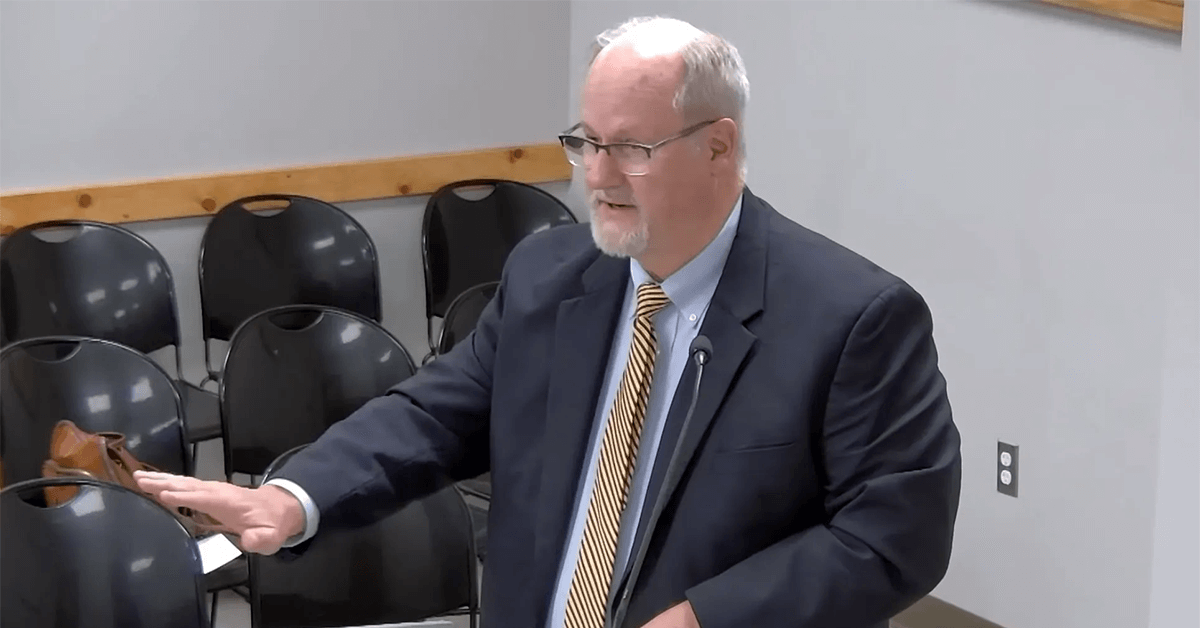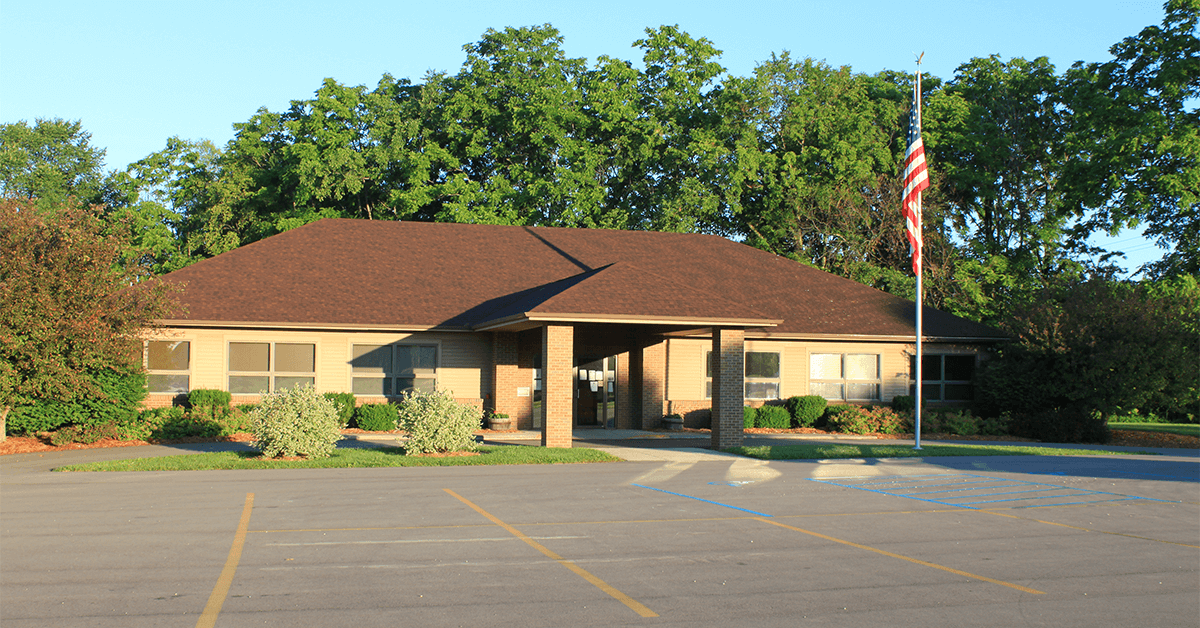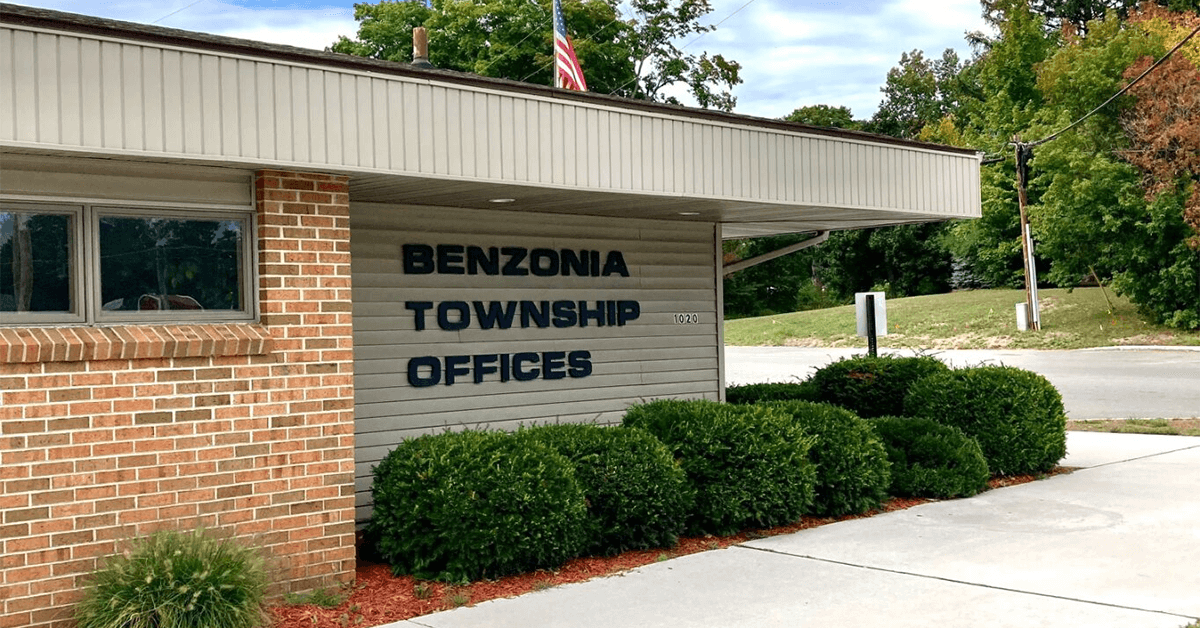Challenges and Solutions in Marine City's Cannabis Ordinance

At the May 16th Marine City Commission meeting, City Attorney Robert Davis provided an update on the development of the adult-use cannabis facilities ordinance.
Addressing concerns about delays, Davis reassured the commission, stating, "Concerns that we're kicking this issue down the road too often are unfounded. I think what you've been doing is you've been giving this matter strong consideration and I appreciate that effort."
Davis explained that under the Michigan Regulation and Taxation of Marihuana Act, if a community sets a cap on the number of cannabis facilities, it must establish a competitive process to select these facilities. He cautioned that for smaller communities like Marine City, such a process could strain local resources. Instead, Davis suggested allocating specific areas where these facilities could be permitted. "So if you're in that turf, you can have a facility. If you're not, you can't," he clarified.
The primary issue with competitive processes, Davis noted, is that they often lead to litigation. The commission has been exploring a property-oriented approach, considering setbacks from schools, residential areas, and other sensitive locations. However, Davis and City Manager Scott Adkins encountered challenges in identifying available properties that meet these criteria.
Davis emphasized that the commission cannot create a turf-based ordinance that fails to designate adequate space for facilities. The commission is also in the process of updating its master plan and zoning ordinance, which will provide an opportunity to designate suitable areas for cannabis facilities.
"We might come back and recommend that [the turf-based approach] is not going to work," Davis said, suggesting the creation of a specific zone for these facilities within the community. This approach would be integrated into the master plan and zoning discussions to establish a designated area for cannabis operations.
Davis reiterated that the city is not delaying the issue unnecessarily but is struggling to find appropriate properties within the desired setbacks. Commissioner Sean O'Brien sought clarification on the difference between the current mapping and the proposed zoning approach. Davis explained that the master plan outlines desired land uses, allowing the commission to select specific areas and incorporate zoning criteria to make the area work for cannabis facilities.
Commissioner Brian Ross proposed creating "green zones" that might not perfectly meet setbacks but could still accommodate facilities. Davis agreed, suggesting that additional restrictions could be placed on these zones to address any discrepancies.
The possibility of splitting lots to fit within setbacks was also discussed. Davis mentioned that minor adjustments could potentially make a significant difference in creating a meaningful ordinance. He also suggested considering variances for minor deviations from the established buffer zones.
Commissioner William Klaassen noted that the city has not received any voter-initiated proposals regarding cannabis facilities, mentioning that Algonac recently rejected such a proposal. O'Brien added that the commission's ongoing discussions might prevent the need for petitions, as residents see the city actively working on the issue.
O'Brien requested data from other communities that have implemented similar ordinances, and Ross asked for information on potential federal reclassification of cannabis as a less dangerous drug.
Share this article:
Spotted a typo, grammatical error, or a factual inaccuracy? Let us know - we're committed to correcting errors swiftly and accurately!








 Helpful Links
Helpful Links